Graham Reid | | 2 min read
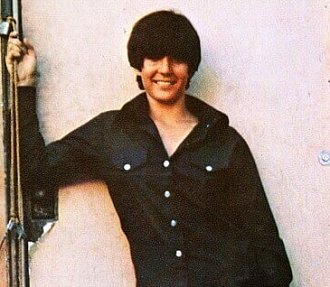
Some of the albums Elsewhere has pulled from the shelves at random for a consideration are a mystery: when, how – and often, why – was that acquired?
However this oldie by a fascinating singer-songwriter does come with a backstory.
It was a recent acquisition (2014) and I told the story of how it came to hand when I posted a track off it at From the Vaults shortly after.
At the time I noted I'd never heard of Diane Hildebrand when I picked the album up, but it came with two immediate recommendations: it was on Jac Holzman's wonderfully eccentric Elektra label and it was engineered by Bruce (the Doors) Botnick.
And also the title track seemed to ring a bell, confirmed when I heard it: the Monkees had covered it on their Headquarters album two years previous.
By chance the whole album has come to hand for The Album Considered pages and, as before, I'm glad to rediscover it.
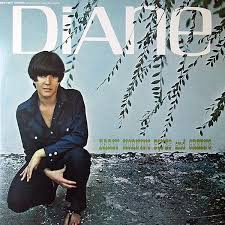 Hildebrand had been writing songs since her teenage years (with some success when they were picked up by other artists) but from the mid Sixties when she was still in her very early 20s, she was a staff writer for Screen Gems which put her on the same page as the Monkees' TV series.
Hildebrand had been writing songs since her teenage years (with some success when they were picked up by other artists) but from the mid Sixties when she was still in her very early 20s, she was a staff writer for Screen Gems which put her on the same page as the Monkees' TV series.
She co-wrote (with Jack Keller) Your Auntie Grizelda for their second album (no one's finest hour) as well as this album's title track (in her hands more Laurel Canyon/early Marianne Faithfull), and the theme to The Flying Nun.
But this sole album for Elektra – which went woefully under-promoted by her and the company – found her very much in a kind of neo-psychedelic folk style with backing musicians who played acoustic and electric guitars, harmonica, autoharp, piano, harpsichord, organ and horns.
It's an interesting sound palette and Hildebrand had a distinctive voice. Her songs here were sometimes dark and downbeat (Jan's Blues about a morning after, From Rea Who Died Last Summer is an understated acoustic folk gem from beyond the grave) but there is also shimmeringly optimistic folk of the hippie-era (And It Was Good) and the folk-pop jangle of the title track (which also sounds a little like early Faithfull on something penned by Leonard Cohen).
For The Reincarnation of Emmalina Stearns she and the band seem prepared to challenge pre-political psyche-rock Jefferson Airplane.
In some ways the album is very much of its period (that luminescent electric guitar sound, harpsichord, There's a Coming Together) but it succeeds even now because of the musical diversity.
Which might explain why Elektra held back on it: they didn't know what songs to single out or how to market her: Folk? Post-Dylan folk? Folk-rock? Rock?
You suspect this album is out there waiting on The Great Diane Hildebrand Rediscovery.
However, after this she took off on a spiritual quest to India and there were subsequent albums: Skye Songs in '77, Long Time Coming ('95) and Sadhana in the Streets (2003) all under the name Joya Diane Skye.
They may take some finding on record. There is more about them here. You can play some tracks from them via You Tube here.
But really, here was the interesting one-off from a fine, if hard to constrain, songwriter with a strong and expressive voice across a number of styles.
.
You can hear this album at Spotify here
.
Albums considered in this on-going page of essays are pulled from the shelves at random, so we can get the good, the bad or the indifferent from major artists to cult acts and sometimes perverse oddities.

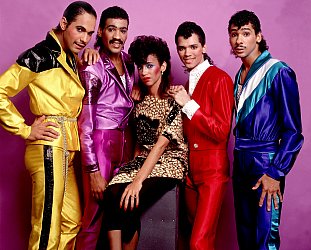
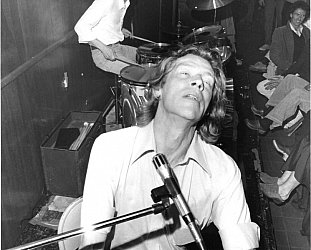

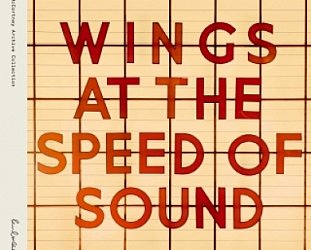

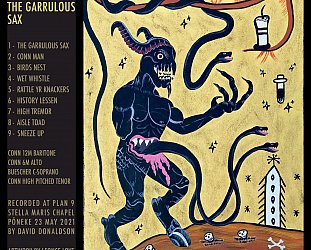
post a comment